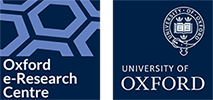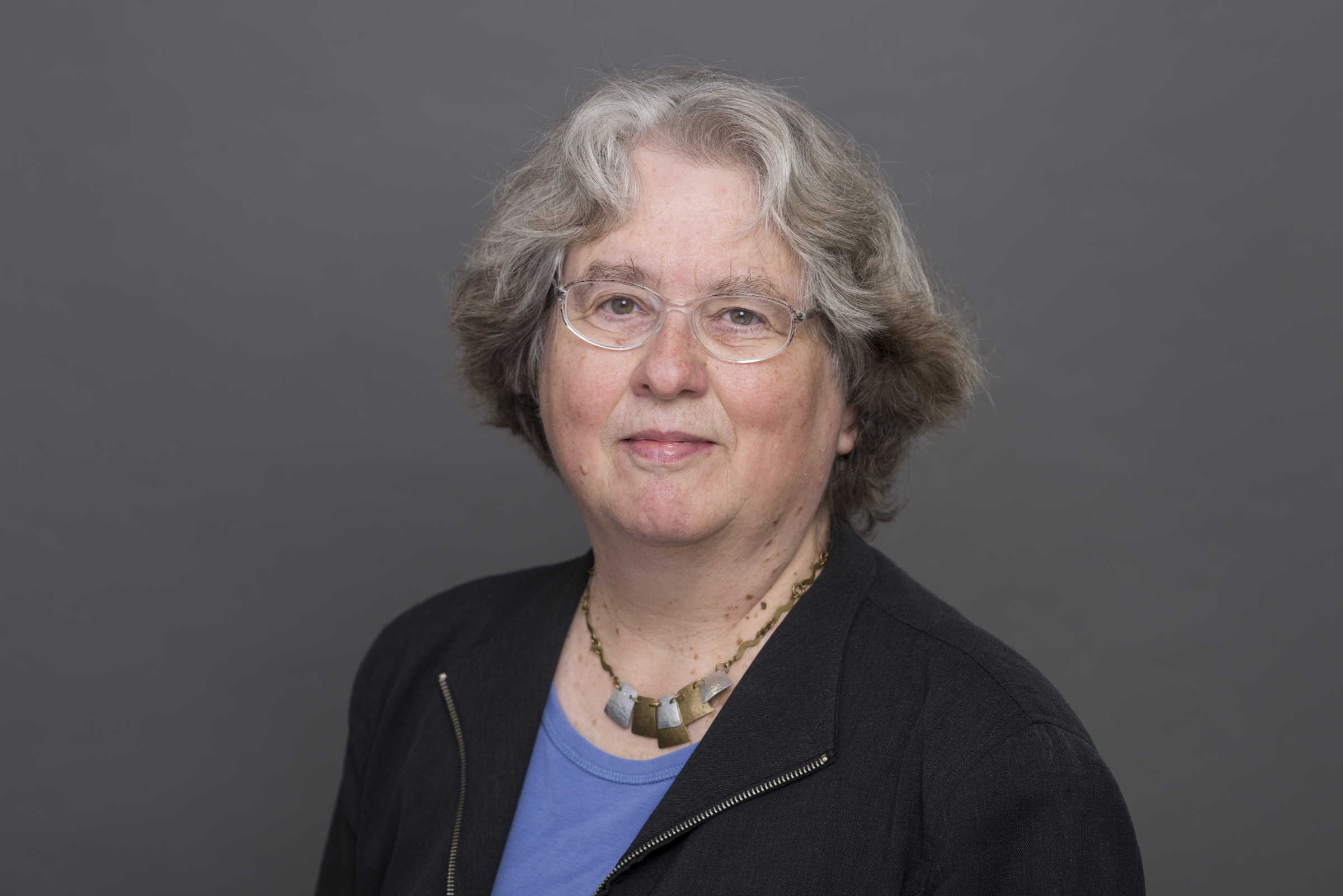07 Jul 2022
Language modelling researchers to present at North American Chapter of the Association for Computational Linguistics
Oxford e-Research Centre and Faculty of Linguistics language modelling researchers and students have had several papers accepted for the 2022 Annual Conference of the North American Chapter of the Association for Computational Linguistics (NAACL 2022).
The 2022 conference is being held from 10th to 15th July, and is being run as a hybrid meeting, held in Seattle, Washington, with other participants joining online from around the world.
 Seattle Skyline. By Chait Goli
Seattle Skyline. By Chait Goli
The conference invited the submission of long and short papers featuring substantial, original, and unpublished research in all aspects of Computational Linguistics and Natural Language Processing.
The following papers from our Language modelling researchers and students have been accepted for the conference;
-
Drinkall, Zohren & Pierrehumbert. “Forecasting COVID-19 Caseloads Using Unsupervised Embedding Clusters of Social Media Posts.” (main session).
-
Röttger, Vidgen, Hovy, Pierrehumbert “Two Contrasting Data Annotation Paradigms for Subjective NLP Tasks” (main session).
-
Kirk, Vidgen, Röttger, Thrush & Hale “Hatemoji: A Test Suite and Adversarially-Generated Dataset for Benchmarking and Detecting Emoji-based Hate” (main session).
-
Hofmann, Pierrehumbert, Schütze, “Modeling Ideological Agenda Setting and Framing in Polarized Online Groups with Graph Neural Networks and Structured Sparsity” (Findings).
-
Röttger, Seelawi, Nozza, Talat, Vidgen “Multilingual HateCheck: Functional Tests for Multilingual Hate Speech Detection Models”.
Valentin Hofmann, Felix Drinkall, and Paul Röttger will attend in the event in person. Paul Röttger will present the annotation paradigms article at the main conference and will also present work on Multilingual HateCheck at the Workshop for Online Abuse and Harms at the conference.
University of Oxford Language Modelling group
The Language Modelling group, led by Professor Janet Pierrehumbert, develops and applies methods in computational linguistics and natural language processing (NLP) to address a variety of questions about linguistic patterns in human communities. The group interest is in creating robust and beneficial language technology and formalizing and testing theories in the language sciences. The group uses classical algorithms, deep learning models, and experimental data to address them.






